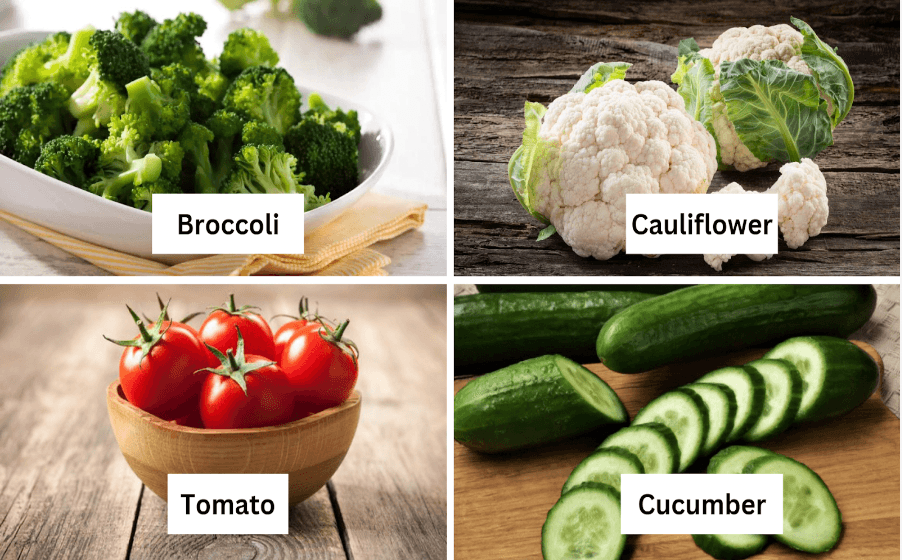The SHOCKING Truth About 7 Foods Silently DESTROYING Your EYES! Dr. Barbara O'Neill's Urgent Warning
Our modern lifestyle is packed with innovations and conveniences, yet unbeknownst to many, these can also impair our vision health. Recently, eye professionals have flagged the alarming impact of overexposure to short-range screens, dramatic dietary implications, and lifestyle choices that progressively damage how we see the world.
Children and adults alike are becoming increasingly exposed to screens, leading to overutilization of short-range eye muscles. By age 11, these muscles are set, but with gadgets becoming more prevalent, ophthalmologists worry about decreased long-range focus. To combat this issue, Dr. Barbara O'Neal suggests, "spend more time looking at far-off landscapes, such as mountains, clouds, or treetops."
Excessive refined sugar has particularly harmful effects on eye health. It incites inflammation, likely causing cataracts and macular degeneration by harming crucial blood vessels in the retina. Describing it as "crystallized acid," Dr. O'Neal refers to sugar as a "poison that slowly erodes vision."
With processed foods hiding trans fats, these effectively impair the transport of omega-3, needed for retina health. Such blockages triggered by trans fats can expedite dry eyes and nerve damage, further exacerbating conditions like macular degeneration.
Alternatives aiming to reduce sugar intake, as featured in many diets, disrupt our neural systems more than they enhance our health. Artificial sweeteners like aspartame transform into methanol, yielding neurotoxic consequences, weakening sight clarity over time.
Adopting pragmatic approaches like limiting caffeine, choosing balanced oils, and relying on whole foods can mitigate risks face by explosive sodium consumption. Essential nutrient pairings guide improved eye hydration, systemize metabolic efficiency, and secure healthier lasting sight.
- Prioritize long-range visual engagement when using screens.
- Minimize processed sugars and fats to deter inflammation.
- Opt for natural non-synthetic flavoring alternatives and read labels closely.
- Incorporate flax, chia, and fish for crucial omega-3 benefits.
Fortunate stewardship of one’s visual system can restrict declines, although doing so involves recognizing intermixed lifestyle essentials paired with well-picked corrective measures. As Dr. O'Neal conveys, "Eyes need proper care via holistic adjustment—not rushed medication."
From Around The Web
Wellness Inbox is a blog & weekly newsletter that curates trending news and products related to health and wellness from around the web. We also gather content from various sources, including leading health professionals, and deliver it directly to you.
Please note that we may receive compensation if you purchase any products featured in our newsletter. Wellness Inbox is not affiliated with, nor does it endorse, any health professionals whose content may appear in our newsletter. The information provided is for general informational purposes only and should not be considered medical advice.
The information provided is not intended to replace professional medical advice, diagnosis, or treatment. All content, including text, graphics, images, and information available is for general informational purposes only. We do not guarantee the accuracy or completeness of any information presented and assume no liability for any errors or omissions. The content is subject to change without notice. We encourage you to verify any information with other reliable sources and consult your physician regarding any medical conditions or treatments.







